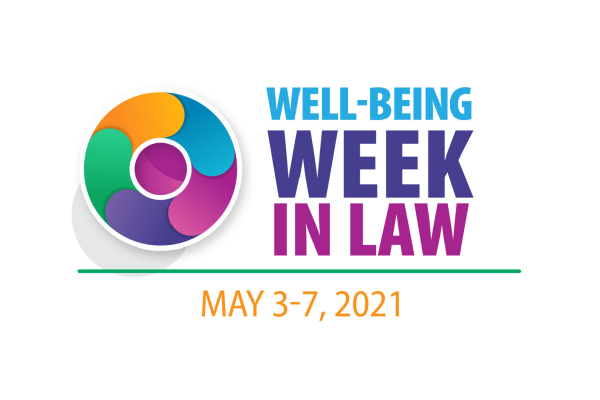What do the legal profession and the holiday season have in common? They are both intensely demanding.
The holiday season triggers the full range of human emotion. The holiday season often brings up memories — for many both bad and good, sometimes more bad than good. It’s also easy to feel overwhelmed and distracted by the bombardment of messages about the holidays — you should feel happy, you should spend time with family, you should throw parties, you should buy lots of stuff, you should make resolutions, you should or shouldn’t eat lots of sweets, you should compete with your neighbor in inflated representations of festivity, etc. As we’ve noted before, “should” is one of the least helpful and most damaging words in the English language — here’s more on how you can avoid using the word “should”.
It can be easy to be weighed down by the messages we hear or expectations we have for the holiday season. Often, people who have had a history of conflictual family interactions over the holidays routinely hope that the conflicts will magically disappear. yet they find themselves falling into the same patterns time and time again.
One way to start developing more realistic expectations is to be very intentional about setting and meeting one very modest, achievable goal. The advantage of having very modest goals is that they are easier to achieve. This increases the likelihood of success and decreases the opportunities for disappointment. Most conflicts that arise often have to do with an unmet expectation. If I expect my grumpy uncle to suddenly be nice to me, I’m setting myself up for disappointment, which then leads to frustration, which then leads to conflicts. Shoulds are often desires that have negligently become expectations. “My uncle should be nice to me.” “My friends should be thoughtful toward me in the same way I’m trying to be thoughtful toward them.” “My family should know that I’m going through a tough time right now.”
If instead of expecting Uncle Grumpy to be nice to me, I set a modest goal of making my uncle crack a smile, then I will be less frustrated with his grumpiness and I can be focused on something within my control (trying to come up with a joke grumpy people find funny). Or even more achievable, I could focus on simply giving Uncle Grumpy a smile when I see him and saying, “It’s good to see you” in a sincere voice. The success of this more-achievable goal is entirely within my control. It does not require anything from anyone else. Therefore my expectations are based on my ability. The only things that need to change are my behavior and thinking.
Modest goals can help you clarify actions in your control, e.g. the need to communicate your needs and boundaries. Communicating your needs and boundaries is the first step toward healthy relationships. Often lawyers are offered more opportunities to help than they can possibly take as humans — Find tips on how to say no and set better boundaries here.
Managing expectations is a very active process. If you aren’t careful, desires can turn into expectations, becoming unrealistic and out of control without you even realizing it. To stay focused this holiday season:
- Intend to manage your expectations
- Get rid of the “should” statements
- Develop modest goals within your control
- Decide what you want the holidays to be about
- Focus on making the holidays about that
- If you have kids, engage with them to do the same
When you expect to encounter certain challenges, it might make sense to build skills. Communication is often challenging whether it’s with family, colleagues, or supervisors, and can be especially challenging during holidays for all the reasons covered earlier. Still, communication involves skills you can build. Start here:
- How to Handle Hot Topic Conversations
- The Secret to Effective Communication
- Models for Lawyers to Use for Better Conversations and Problem Solving
Sometimes, other challenges during the holidays can be expected. Those who are maintaining sobriety can expect it to take more effort — find tips to maintaining sobriety during the holidays here. Those who are grieving lost loved ones can expect more intensity — find tips to handling holidays after loss here. Those who experience Seasonal Affective Disorder can find tips here. Those spending the holidays alone can try developing traditions like volunteering at a soup kitchen or hospital, or finding new friends to spend time with — who might also otherwise spend the holidays by themselves.
. . .
This post was updated from its original version by Shawn Healy, PhD titled “Holiday Success = Managing Expectations,” which now redirects here.




